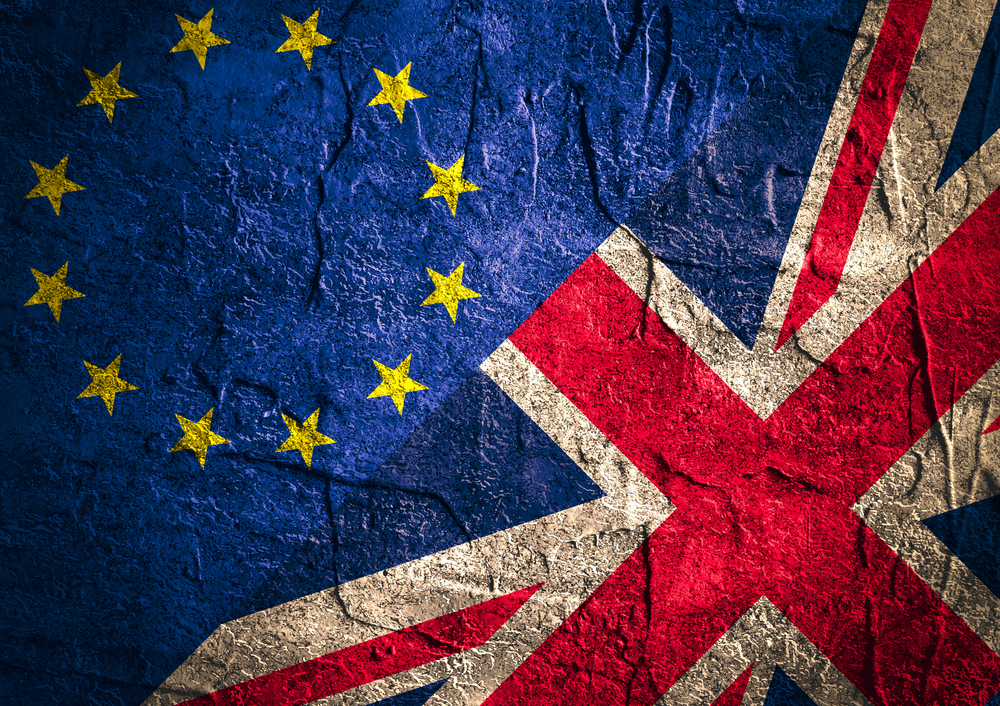It is reported that Bank of England governor Mark Carney has told a cabinet meeting that house prices could drop by 35 per cent in the event of a no-deal Brexit. Clarifying these comments he said a housing slump was used as a worst-case scenario in for British banks.
Mr Carney, who has recently agreed to remain governor of the central bank until 2020, has faced strong criticism in the past, with Brexiteers accusing him of being part of the Remain camp.
The Bank of England routinely carries out “stress tests” to check whether the banking system can withstand extreme financial shocks.
Its latest one was conducted in November, when it said a 33% fall in house prices could occur in a worst-case scenario.
What do the experts say?
Geoffrey Yu, head of UK investment for UBS Wealth Management, said that the bank expected a Brexit deal to be struck between the UK and the European bloc, meaning house prices will remain stable.
Mr Yu told Bloomberg Markets: “Our base case is for a deal to actually come through.
“The demand for housing is there.
“We do have to separate where the demand is coming from, also what’s going to happen in London, prime central London, and the regions and the like.”
“So there is a one-size fits all assessment of UK housing, we focus on the fundamentals, [there are] weak transactions right now, prices might be a bit under pressure, but we don’t really question the longer-term outlook.”
Aneisha Beveridge, an analyst at Hamptons International, says while leaving the EU without a deal will increases the likelihood of the economy falling into recession, house prices have never fallen by a third at any point over the last fifty years.
According to Cabinet sources, Mr Carney highlighted how unemployment figures would reach double-figure percentages, while house prices would plummet by up to 35 percent and transport links with the EU, including commercial flights and Eurostar train travel, would stall.
Lucian Cook, head of residential research at Savills, said a lack of a deal might hurt new buyers or those seeking to upgrade their mortgage the most because of a rise in interest rates.
“All signals from the Bank of England are that interest rates are expected to rise only gradually over the next five years. Such a gradual rise in rates would not put existing home owners under undue financial stress, but it would make it more difficult for new buyers, or those looking to trade up the ladder. This constraint on lending would act as a drag on potential price growth,” he says.
Landlords also unlikely to be affected
There have been reports of Brexit affecting the buy-to-let market, but for most people a house purchase is a long-term investment. That means a “No Deal” Brexit would have less impact.
“The average landlord who sold their property last year owned it for eight and a half years and homeowners stay put even longer.
“Economic theory suggests that short term disasters very infrequently impact on long term growth, and this is true for the housing market too,” adds Beveridge.
Auction site sales are 43 per cent over guide price
A spokesperson for EI Group, the nation’s biggest online auction house, said that in the year before the Brexit vote and the period since, his company has sold over 1,130 lots, raising over £175m. He adds: “Of the 1,130 sales, the prices achieved were on average 43 per cent over the guide price.”
The property industry is already looking beyond Brexit and what the next Government will do. Agace says: “Of greater importance will be how the next Government will try to re-build confidence and reanimate the market, perhaps through a change to stamp duty.”


